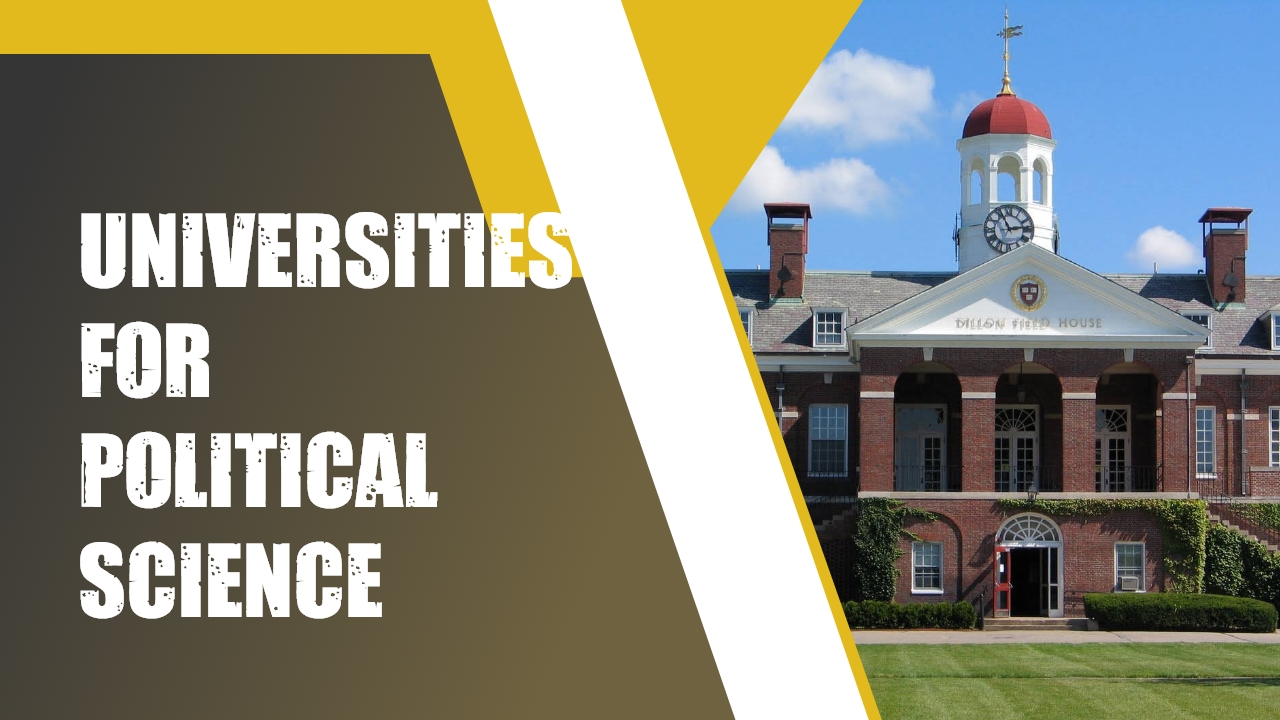Top 4 Universities for Doctor of Medicine Students in the UK
Pursuing a Doctor of Medicine (MD) degree is a significant commitment that requires not only dedication but also choosing the right institution that offers rigorous training and a robust curriculum. The UK is home to several prestigious universities renowned for their medical programs, each offering unique strengths in medical education, research, and clinical training. Here’s an in-depth look at four of the best universities in the UK for students pursuing a Doctor of Medicine degree, highlighting their key features and strengths.
1. University of Oxford
Overview: The University of Oxford, one of the oldest and most prestigious universities in the world, offers a highly esteemed medical program through its Medical Sciences Division. The university’s MD program is known for its rigorous academic standards and cutting-edge research.
Key Features:
- Curriculum: Oxford’s medical program emphasizes both the theoretical and practical aspects of medicine. The course structure integrates basic sciences with clinical training, ensuring a comprehensive understanding of medical practice. The curriculum includes an initial focus on pre-clinical sciences, followed by clinical training in various medical specialties.
- Research Opportunities: Oxford is renowned for its research excellence. Medical students have access to state-of-the-art research facilities and opportunities to work alongside leading researchers. The university’s research programs are internationally recognized, contributing to advancements in medical science and practice.
- Clinical Training: Clinical training is conducted at Oxford University Hospitals NHS Foundation Trust and other affiliated hospitals, providing students with hands-on experience in a variety of clinical settings. The university’s connections with leading medical institutions enhance the clinical training experience.
- Global Reputation: Oxford’s global reputation for academic excellence and medical research attracts students from around the world. The university’s extensive alumni network and prestigious standing provide valuable connections and career opportunities.
Pros:
- Prestigious reputation with a strong focus on research and academic excellence.
- Comprehensive curriculum integrating basic sciences with clinical training.
- Access to world-class research facilities and leading medical institutions.
Cons:
- Highly competitive entry requirements.
- High cost of living in Oxford.
2. University of Cambridge
Overview: The University of Cambridge is another world-renowned institution offering a top-tier medical program. The Cambridge School of Clinical Medicine provides a rigorous and comprehensive training program for medical students.
Key Features:
- Curriculum: Cambridge’s medical program is structured into three phases: the pre-clinical phase (focused on basic sciences), the clinical phase (covering various medical specialties), and an elective phase (allowing for personalized clinical and research experiences). This phased approach ensures a thorough understanding of both theory and practice.
- Research and Innovation: Cambridge is at the forefront of medical research and innovation. Students have the opportunity to engage in cutting-edge research projects and benefit from the university’s strong emphasis on scientific discovery and clinical applications.
- Clinical Placement: Clinical training takes place in several teaching hospitals, including Addenbrooke’s Hospital, which is renowned for its specialized services and high-quality care. This diverse clinical exposure helps students gain practical experience in various medical fields.
- International Collaboration: Cambridge’s global network and collaborations with leading medical institutions around the world provide students with valuable opportunities for international exposure and research.
Pros:
- Comprehensive and well-structured curriculum with phased learning.
- Strong emphasis on research and innovation.
- High-quality clinical placements and international collaborations.
Cons:
- Competitive admission process.
- High cost of living in Cambridge.
3. Imperial College London
Overview: Imperial College London is a leading institution known for its emphasis on science, engineering, and medicine. The Faculty of Medicine at Imperial offers a dynamic and research-oriented medical program.
Key Features:
- Curriculum: Imperial’s medical program integrates scientific learning with clinical practice from the start. The curriculum includes early patient contact, problem-based learning, and opportunities for research and practical experience. The program is designed to produce well-rounded, capable physicians.
- Research Excellence: Imperial College London is renowned for its research excellence in medicine and related fields. Students benefit from being part of a research-intensive environment and have opportunities to engage in groundbreaking research projects.
- Clinical Experience: Clinical training is provided at various hospitals and clinics, including those within the Imperial College Healthcare NHS Trust. The diverse range of clinical placements ensures students gain comprehensive experience across different specialties.
- Innovative Teaching: The university employs innovative teaching methods, including simulations and technology-enhanced learning, to enhance the educational experience and prepare students for modern medical practice.
Pros:
- Early integration of clinical practice with scientific learning.
- Strong research focus and opportunities for involvement in cutting-edge projects.
- Innovative teaching methods and diverse clinical placements.
Cons:
- Highly competitive entry requirements.
- The fast-paced and intensive nature of the program may be challenging for some students.
4. King’s College London
Overview: King’s College London is a prestigious university with a strong reputation in medical education. The GKT School of Medical Education provides a comprehensive medical program that combines academic rigor with extensive clinical training.
Key Features:
- Curriculum: The medical program at King’s College London is structured into integrated modules covering basic sciences, clinical skills, and specialty training. The curriculum is designed to provide a solid foundation in medical knowledge and practical skills.
- Clinical Training: Clinical placements are conducted at several leading hospitals, including Guy’s Hospital and St Thomas’ Hospital. The diverse range of clinical settings allows students to gain hands-on experience and exposure to various medical specialties.
- Research Opportunities: King’s College London is known for its research strength, particularly in fields such as neuroscience, cancer, and cardiovascular medicine. Students have opportunities to engage in research and benefit from the university’s strong research culture.
- Support and Resources: The university provides extensive support and resources for medical students, including access to modern facilities, academic support, and career guidance. The supportive learning environment enhances students’ educational experience and career development.
Pros:
- Comprehensive and well-integrated curriculum.
- Extensive clinical training with diverse placements.
- Strong research opportunities and support resources.
Cons:
- The program’s intensity may require strong time management skills.
- High living costs in London.
Conclusion
Choosing the right university for pursuing a Doctor of Medicine degree is crucial for ensuring a successful and fulfilling medical education. The University of Oxford, University of Cambridge, Imperial College London, and King’s College London are among the top institutions in the UK offering exceptional medical programs.
The University of Oxford and University of Cambridge are renowned for their prestigious reputations, comprehensive curricula, and strong research environments. Imperial College London stands out for its early integration of clinical practice and innovative teaching methods, while King’s College London offers extensive clinical training and robust research opportunities.
When selecting a medical school, consider factors such as curriculum structure, research opportunities, clinical placements, and support resources. Each of these top universities provides a high-quality education and valuable experiences to help students succeed in their medical careers










